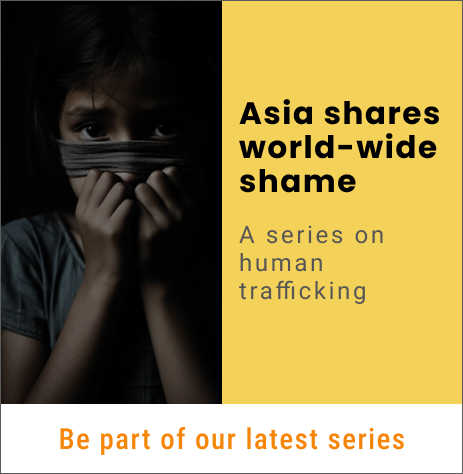Myanmar’s ousted leader Aung San Suu Kyi has been transferred from prison to house arrest amid a severe heat wave which has afflicted the country and much of the region, according to the ruling military.
Former president Win Myint was also among elderly and infirmed prisoners transferred from Taungoo Prison in the central Bago region, with temperatures exceeding 38 degrees Celsius, while the military has pardoned 3,000 prisoners to mark this year’s traditional New Year holiday, military spokesman Major General Zaw Min Tun told foreign correspondents based in the capital Naypyidaw.
“Since the weather is extremely hot, it is not only for Aung San Suu Kyi,” Tun was quoted as saying. “[It is] for all those who need necessary precautions, especially elderly prisoners, we are working to protect them from heatstroke.”

Su Kyi, 78, was ousted from power by a coup d’etat in February 2021, sparking a three-year civil war which only recently has resulted in a series of stunning victories for opposition forces who now control nearly all of Myanmar’s borders with Thailand, Laos, China, India, and Bangladesh.
That includes the strategically key city of Myawaddy in the southeast on the Thai border, now under the control of the Karen National Union (KNU), one of about 20 ethnic armed organizations (EAOs) which is fighting the junta alongside the People’s Defence Force (PDF), the armed wing of the shadow National Unity Government (NUG).
Suu Kyi is still widely viewed as its head by the NUG. The Nobel Peace Prize winner is serving a 27-year sentence in Naypyidaw for a range of crimes, including treason, bribery and violations of the telecommunications law.
Suu Kyi has denied the charges, described by the NUG, human rights groups and Western-led governments as politically motivated and manufactured by the junta to justify their coup.
In Mae Sot, a Thai city which borders Myawaddy along the frontier, Thai authorities have urged the area be declared a “safe zone” to ensure trade and safe passage for those fleeing the fighting and in a separate statement the KNU said it would facilitate cross border visits for journalists.
Khun Bedu, vice chairperson of the Interim Executive Council of Karenni State, said the state would be open to all foreign and local journalists and the council would not control the media which would also have unrestricted access to information.

However, it will veto any acts that impair “military operations and governance and actions that support an illegitimate military junta during the revolution,” Bedu said.
Thousands of civilians have fled the fighting and conscription, crossing the border into Mae Sot over recent months. The city is also popular among EAO-PDF troops recovering from wounds and soldiers who fought with the junta but surrendered to Thai authorities after losing on the battlefield.
Credit: Source link




